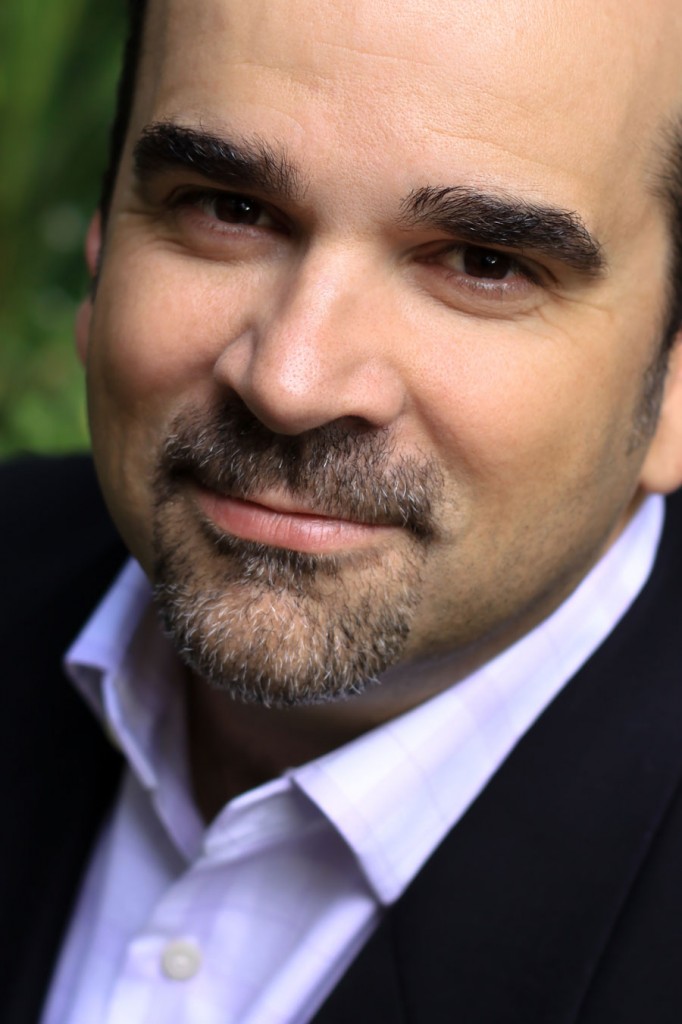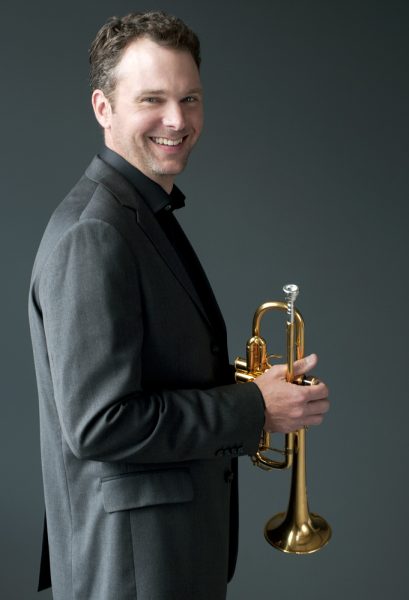 Composer John Estacio – Concert tickets for his new concerto available at https://www.tso.ca/concert/holst-planets#performance-1546
Composer John Estacio – Concert tickets for his new concerto available at https://www.tso.ca/concert/holst-planets#performance-1546
JAMES STRECKER: What are your biggest challenges as a creative person?
JOHN ESTACIO: Challenges vary from project to project. At times the challenge is to find a sense of relevance for the composition – what is it about a new piece that will speak to humanity today and tomorrow? With larger and lengthier projects that take a year or two to complete, such as an opera or a ballet score, the challenge might be endurance and motivation and maintaining clarity. Other times, the challenge might be simply to get out of the kitchen and back up to the office.
JS: Please describe at least one major turning point in your life.
JE: The biggest turning point in my career happened in 1992 at the Winnipeg Symphony’s first iteration of its New Music Festival. A composition of mine had been selected for their competition for new Canadian orchestral works. It was my first performance by a professional orchestra, recorded and broadcast live on the CBC with Bramwell Tovey conducting the WSO. I did not place first in the competition, but the broadcast opened up opportunities for other commissions and lead to my position as the Edmonton Symphony’s first composer in residence which in turn lead to several other projects including a commission for the Toronto Symphony in 1995. Eleven years after my professional debut, Bramwell Tovey would be there again for another turning point in my career, as conductor for the premiere of my first opera, Filumena, in Calgary in 2003.
JS: What are the hardest things for an outsider to understand about what you do?
JE: The questions I am asked most frequently is “where do your ideas come from”, usually followed by “how do you know how to write for all those instruments”.
JS: What haven’t you attempted as yet that you would like to do and please tell us why?
JE: I’ve made a couple of attempts at writing a musical; but, as with most projects, there are variables beyond my control and consequently some of the projects I’ve worked on have never come to fruition. Although I have written one film score, I know I’d enjoy writing a few more of those because I thoroughly enjoyed my first effort.
JS: What are your most meaningful achievements?
JE: Any project which was created in collaboration with another artist. I’ve had the good fortune of working with marvelous librettists, directors, choreographers, filmmakers, and consulted with other musicians. Although I’m proud of the compositions I’ve created independently, I do enjoy the congenial camaraderie of working with other creative artists and I treasure the friendships that have blossomed from these projects.
JS: Let’s talk about the state of the arts in today’s society, including the forms in which you work. What specifically gives you hope and what specifically do you find depressing?
JE: I’m encouraged that the arts are still valued by today’s society. Of course, there is much room for improvement – there always is – but by and large, people are still supporting the efforts of creative artists either by purchasing tickets or donation. I’m also encouraged by the work of younger composers who continue to create new music. What saddens me is the absence of the infrastructure that readily recorded and broadcasted the music of Canadian composers performed by Canadian ensembles and musicians; this once flourishing infrastructure has suffered a death by a thousand cuts. So, while a new infrastructure for music distribution slowly evolves and develops, composers and musicians must work even harder than ever to promote themselves and their work.
 Andrew McCandless, Trumpet Soloist
Andrew McCandless, Trumpet Soloist
